Think back to the last time you stood in line at the pharmacy, secretly hoping your prescription wouldn’t cost half your paycheck. Or maybe you needed a medication that wasn’t even in stock and had to wait days for the refill. Now, picture a world where you can order what you need from your couch, skip the awkward price conversations, and get your meds right on your doorstep. It sounds almost too good to be true, doesn’t it? That’s where sites like qualityprescriptiondrugs.com promise to change the game—but are they really safe, legit, and worth your trust? Or are you risking your health for a deal? People want real answers, not sales pitches, so here’s the deep dive you actually need.
Why People Turn to Online Pharmacies
The wave of online pharmacies didn't just appear out of nowhere. Rising health care costs, vanishing local pharmacies, and the hassle of sitting on plastic chairs in crowded waiting rooms have pushed more of us to hunt for easier ways to order prescriptions. Online pharmacies cater to those frustrations. They say, “Stay at home, compare prices, avoid all the hassle.”
Most people who stumble upon qualityprescriptiondrugs.com (let’s call it QPD to save our fingers) are searching for ways to trim their monthly medical bills. According to surveys from the National Community Pharmacists Association, about 25% of Americans skip or ration their meds because of price. Cheaper alternatives, delivered with a click, sound like the perfect fix. Parents of kids with chronic conditions (like me, with Sorrel’s asthma meds) are especially motivated to find dependable sources—they need regular refills on the dot, without endless phone tag or insurance surprises. And for those juggling two jobs or rural commutes, skipping a drive to the city can feel like a little miracle.
Yet, there’s a nagging worry. If buying glasses online pushed boundaries 10 years ago, ordering actual medication takes those concerns up a notch. How do you know if what arrives in your mailbox isn’t some useless sugar pill or, worse, something dangerous? That’s why the rise of sites like QPD is so interesting—they have to break through that wall of trust and offer actual proof that they deliver what they promise.
Another draw? The range of medications. While chains often stock only what’s popular or profitable, QPD claims it can source many specialized meds mainstream stores don’t carry—or places might sell for five times the price. Customers with rare conditions or those dependent on certain brands often turn to international pharmacies when their local options run dry. So, the pull isn’t just price, but availability and convenience bundled together with a bow.
One thing’s clear: the demand for online pharmacies isn’t going anywhere. As technology keeps making it easier to check reviews, compare prices, and research vendors, the bar for trustworthiness keeps climbing. Let’s get into whether QPD stands as tall as it claims.
Is qualityprescriptiondrugs.com Legit or Risky?
This is the part everybody wants to know: is QPD actually safe? Short answer—there’s evidence to suggest it’s more legit than most, but you still need to be careful. So, let’s peek behind the curtain without letting our guard down.
First, QPD says it only sells medications that meet strict standards set out by regulatory agencies—think FDA-approved for U.S. meds or requiring a prescription for any controlled substance. When I dug through the site, I saw several signs of credibility: licensing details, clear privacy policies, and a process that requires an actual prescription from your doctor, not just a “click here” box. That knocks out a huge portion of rogue websites—according to the National Association of Boards of Pharmacy, nearly 95% of online pharmacy sites fail to meet key safety or legal standards. QPD at least appears to clear that bar.
Another sign: QPD is a member of third-party verification programs. Look for seals from CIPA (Canadian International Pharmacy Association) or PharmacyChecker—these groups run annual checks to confirm source legitimacy and licensing. And it’s not just meaningless digital stickers—they have real regulatory teeth. QPD is listed by CIPA, which requires pharmacies to follow specific rules: no sales of narcotics or high-risk items, privacy guarantees, prescription verification, and only sourcing from countries with established regulatory structures (Canada, the U.K., Australia, etc.).
User reviews are another clue. Don’t get stuck on the testimonials plastered on a pharmacy’s own home page; comb through Reddit, Trustpilot, or pharmacy watchdog forums instead. In QPD’s case, the feedback is largely positive—customers say their meds arrived in original blisters, had proper expiry dates, and the prices actually matched what was promised upfront. A few complaints exist, sure (usually around shipping timelines or the paperwork hassle), but you don’t get horror stories about mystery pills or dangerous knockoffs, which plague some less scrupulous sites.
However—and this matters—any time you order from an international pharmacy like QPD (they’re based in Canada), you’re operating in a gray area, legally speaking. Technically, importing prescription meds from abroad is a bit of a risk, even if it’s for personal use. U.S. Customs could theoretically stop or delay your order. That said, for personal medications (not controlled substances), shipments rarely get seized if you have a valid prescription in your name. But you should always know what the law says in your state just in case.
So, if you’re tired of paying through the nose for prescriptions but don’t want to gamble with your health, QPD’s checks, licensing, and user feedback make it a safer bet than most. Still, read every page carefully, double-check what you’re ordering, and keep your doctor in the loop.
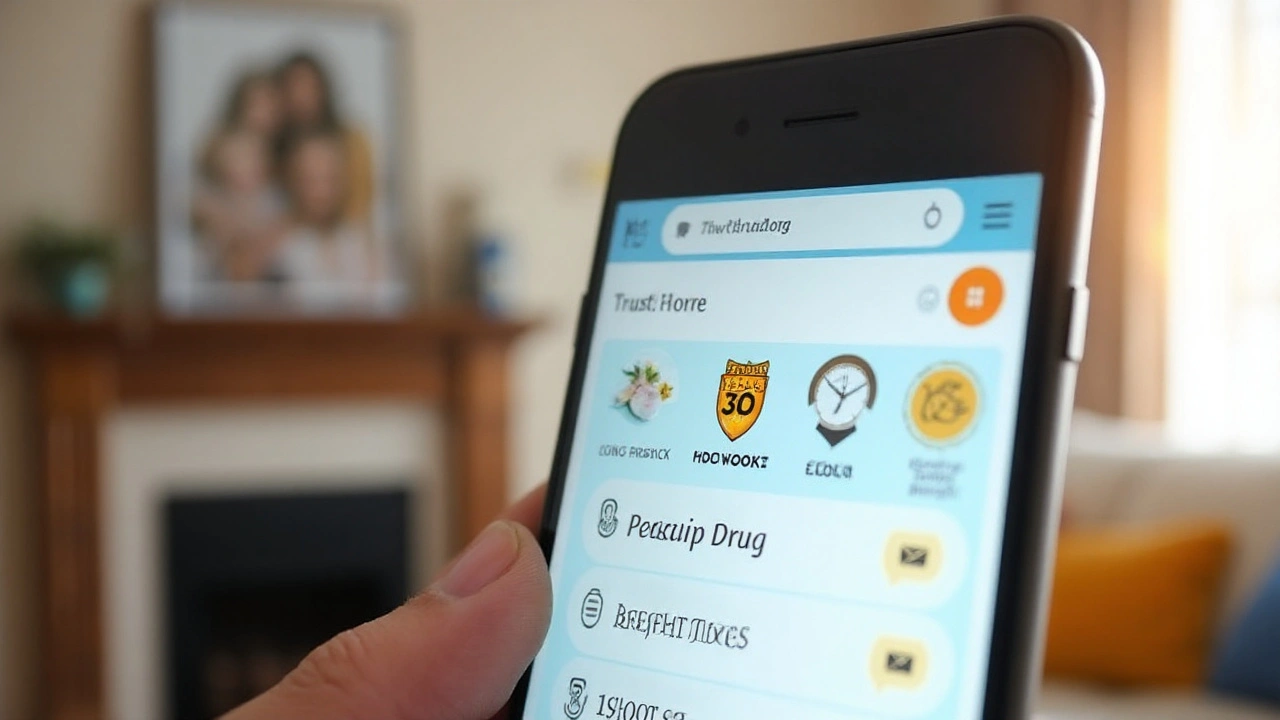
How to Safely Order Medications at QPD
Nothing sends my anxiety through the roof faster than clicking “Order” on an expensive prescription, especially when it’s for someone I love. If you’re new to the game, ordering from an online pharmacy isn’t just about finding the right pill—it’s about making sure every step is airtight so you don’t end up with a headache or, worse, a medical mishap.
Start by creating a secure account. Watch out if the site ever asks for weird personal info (like your full social security number or unrelated financial details). QPD stays within the usual bounds: just your basic ID, contact info, and payment method. You’ll need to send them a copy of your doctor’s prescription—no, you can’t skip this part, and if any pharmacy lets you, beware. QPD has fax or email upload options, and sometimes your doctor’s office can send prescriptions directly, saving you a step.
A common mistake: not double-checking your medication details. Generic vs. brand, dosage, and number of pills—if you enter anything wrong, you might end up waiting weeks to fix it. Find your original bottle and copy everything down, letter for letter. For parents, especially, don’t leave any dosing details blank. And always confirm the expiration date on the confirmation screen. QPD notes shelf-life up front, which helps avoid surprises.
Here’s a tip: Go over reviews for the exact drug you’re ordering, not just the site itself. Why? Because some generics use different coloring, coatings, or fillers than you’ll get in the U.S. Sometimes these are harmless (like lactose or dyes), but if you have allergies or dietary restrictions, double-check the non-active ingredients list or message their customer support (QPD’s team usually replies within a day).
If you’re nervous about payment security, stick to credit cards. They offer easy dispute options if anything goes wrong. QPD’s site uses HTTPS encryption—no weird redirects or third-party payment processors popping up. For added reassurance, check your bank activity after ordering. If you see any odd charges, freeze your card and contact your bank ASAP. But in the bulk of real-world stories, QPD transactions go smoothly.
After you order, shipping can test your patience. Medicine can’t be rushed via courier (it has to be cleared by customs), so expect 2 to 4 weeks for international deliveries. QPD’s estimates are usually on the money, though weather and holidays can mess with timelines. To avoid running out, I always order refills a month ahead. QPD sends reminder emails for recurring prescriptions, which helps a ton when life gets crazy. Track your order online, and reach out if anything seems off—most delays get resolved with a quick support message.
When your package arrives, check the seals and packaging. Are all labels, leaflets, and batch numbers correct? If anything looks odd or different than usual, take photos and ask QPD (or your doctor) before popping any pills. Never take a medicine that looks, smells, or tastes weird. Legit pharmacies, like QPD, will address any issues without fuss. Just don’t forget—always loop in your physician whenever you start using a new supplier.
Comparing Prices, Brands, and Customer Service
Most online shoppers flock to pharmacies for the deals. QPD posts prices openly—you don’t have to jump through hoops, sign up, or call for quotes. This feels refreshingly straightforward in a world where U.S. pharmacy chains love to hide costs behind insurance mazes and loyalty cards.
Take something basic, like atorvastatin (generic Lipitor). At my local pharmacy, 30 pills can easily cost $90 without insurance. At QPD, the same supply—sourced from a Canadian manufacturer—hovers around $19 to $25. That’s not chump change. For folks without solid insurance, or whose plans have high deductibles, it quickly adds up to hundreds in savings. Even with shipping, the costs stay low.
Specialty medications or less common brands show similar price drops, though sometimes the difference shrinks the more obscure the drug. One thing to know: international pharmacies may offer different “brands” for generics. The active ingredient matches, but the pill might be a different shape or color. This can freak people out (“My blood pressure pill used to be pale yellow, now it’s green!”), but as long as you verify the International Nonproprietary Name (INN) and manufacturer, you’re good. QPD lists these on its product pages.
One smart move: compare prices across a few legit online pharmacies. Sites like PharmacyChecker let you cross-check what QPD is asking with other top-rated sites in Canada, the UK, and even Australia. If you see a price that seems much lower than everyone else, pump the brakes—it could be a warning sign for dubious sources.
Customer service also matters. QPD runs a traditional phone line and an email response desk. I’ve found their team skips canned replies—they actually know the meds they sell. They walk you through the process if you have special requests (like pediatric dosages), and you don’t wait days for a reply. If you’re the type who gets anxious about delays or mix-ups, it’s worth knowing you can actually reach a human, not a bot.
If you need help affording meds and QPD’s prices are still too steep, ask about generic versions or look into discount cards and patient assistance programs in your area—they sometimes pair with online pharmacy purchases. But in most cases, using QPD means major savings, especially for ongoing treatments where every dollar shaved off matters.
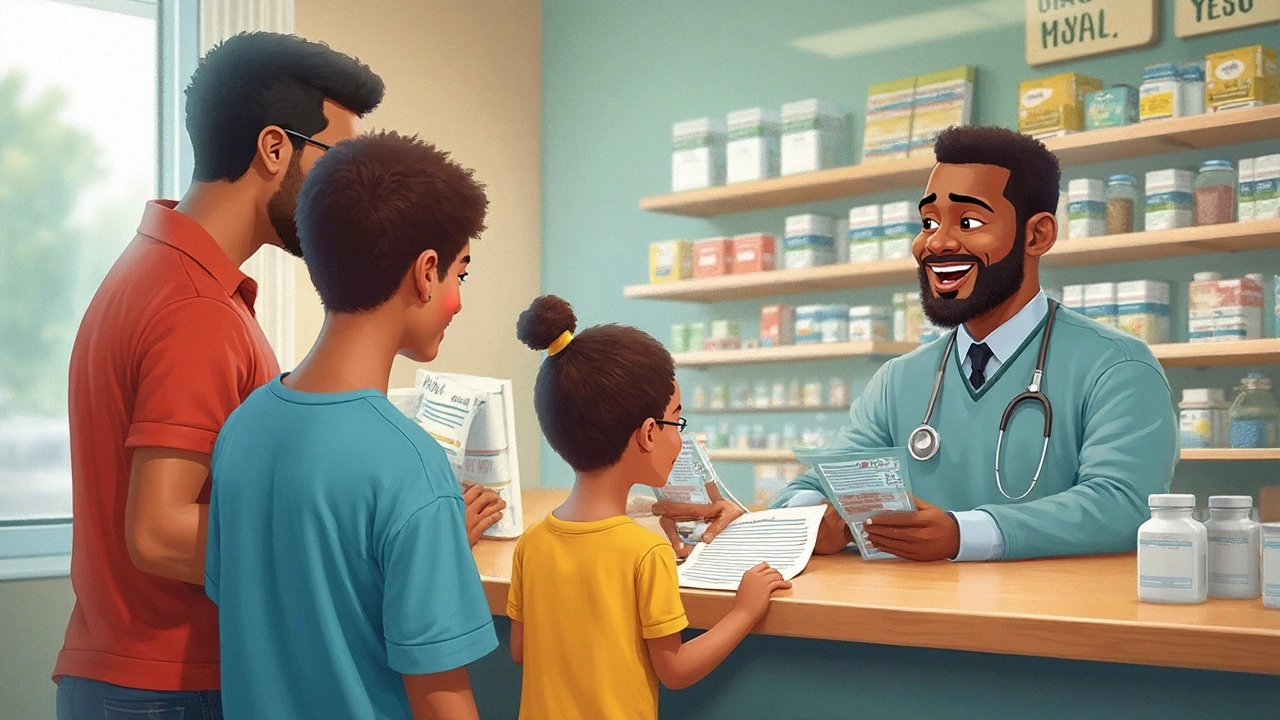
Tips to Stay Safe When Using Online Pharmacies
Let’s get real. Even the best online pharmacies require you to stay smart and careful. Here’s a quick cheatsheet to keep your health and wallet safe:
- Stick to pharmacies that require a doctor’s prescription. If a site lets you skip this, walk away.
- Look for third-party verification seals: CIPA for Canadian pharmacies, the PharmacyChecker label, or LegitScript for worldwide checks. Don’t trust just any “trust badge”—verify it on the program’s real website.
- Insist on seeing photos of actual product packaging and detailed drug information. QPD gives these details; don’t settle for vague product labels or missing info.
- Search for recent, real customer reviews off the main site. Forums and watchdog groups don’t sugarcoat problems—and you’ll spot red flags quickly if a pharmacy fakes its own feedback.
- Protect your payment info. Use credit cards, never wire transfer or send cash. Watch for site encryption—always check that the website starts with https:// and uses secure payment gateways.
- Keep your doctor in the loop about any new source for meds. Some brands have different inactive ingredients overseas, which could matter for allergies or dietary concerns.
- Plan for longer shipping times, especially if meds come from overseas. Order refills a full month ahead if possible.
- Check your delivered medication. The packaging, pill markings, leaflet, and expiry date should all match what you ordered. If anything’s off, don’t take it—contact the pharmacy and your doctor immediately.
- Never rely on online pharmacies for emergency medications—order only for routine prescriptions where a wait won’t put you in danger.
- Understand the import rules for your state or country. Personal-use meds are rarely seized, but it can happen, especially with controlled substances.
The bottom line: online pharmacies like qualityprescriptiondrugs.com can be a lifeline for budget-conscious families, chronically ill patients, and anyone fed up with old-school pharmacy headaches. Nothing replaces the advice of a great primary-care doctor or a licensed local pharmacist, but when those aren’t options, vetted international pharmacies give people real choices. As long as you order smart, ask questions, and keep safety first, you can snag a deal without risking your health. Welcome to the modern way of buying medicine—no waiting room chairs required.
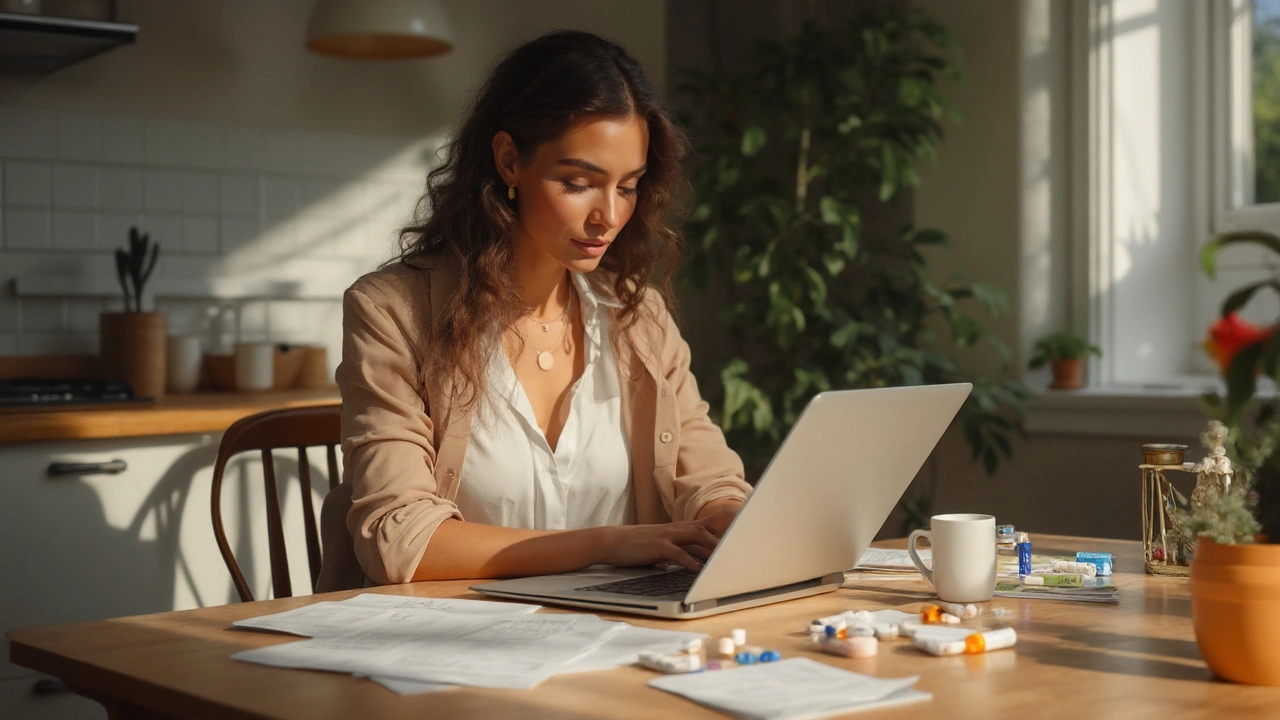
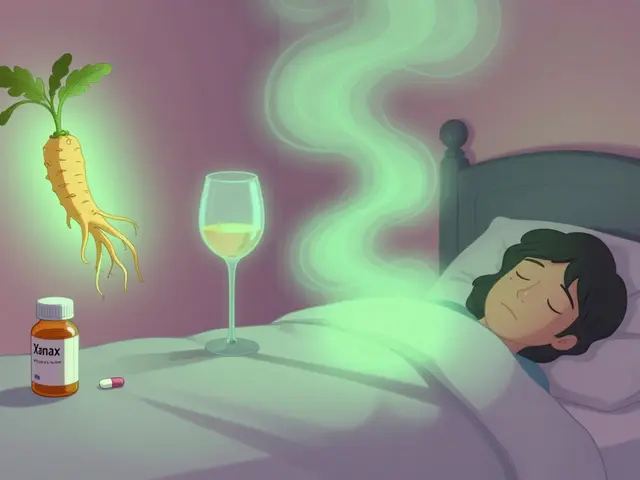
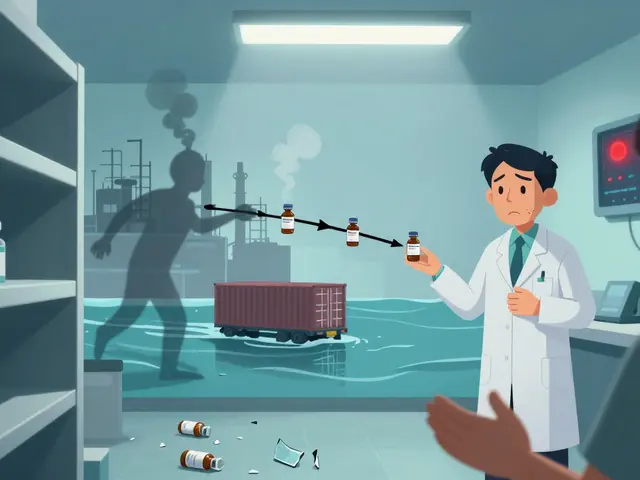
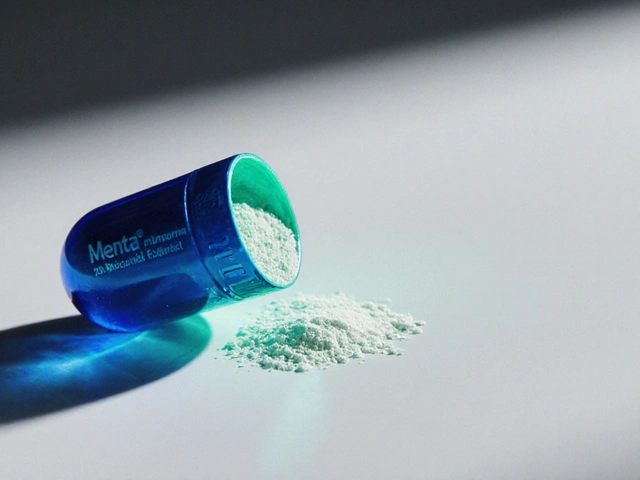
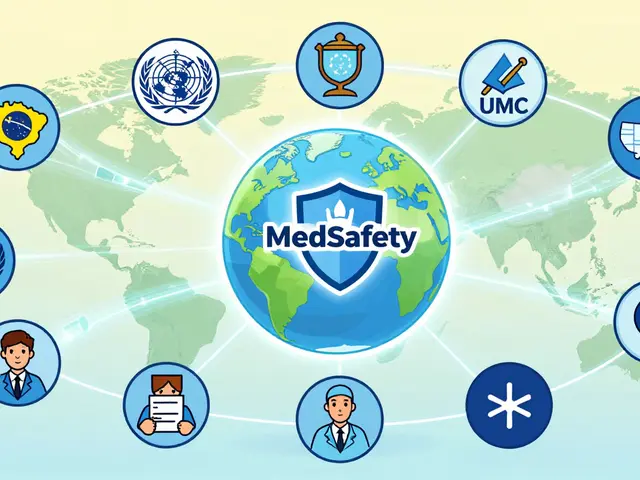
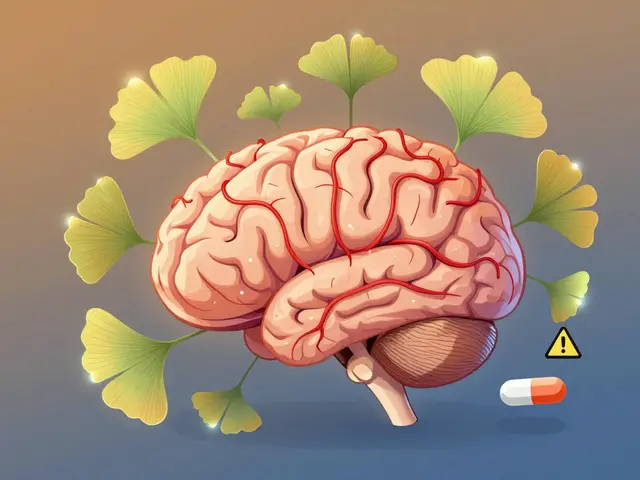
stephen idiado
5 August, 2025 . 00:48 AM
QPD? More like QPD: Questionable Prescription Dumpster. If it’s not FDA-approved, it’s not medicine-it’s a gamble with your liver. CIPA? That’s a Canadian loophole, not a seal of approval. You think your kidneys care about your savings?
Subhash Singh
5 August, 2025 . 08:34 AM
It is imperative to note that the regulatory frameworks governing pharmaceutical distribution vary significantly across jurisdictions. While the Canadian sourcing of medications may appear cost-effective, one must consider the absence of stringent post-market surveillance mechanisms as mandated by the U.S. Food and Drug Administration. The potential for substandard or counterfeit agents, even in ostensibly reputable entities, remains a non-trivial public health concern.
Sohini Majumder
7 August, 2025 . 02:40 AM
OMG I JUST ORDERED MY ASTHMA MEDS FROM QPD AND IT CAME IN A BOX WITH A PICTURE OF A CAT??!!?? I THOUGHT I WAS BUYING DRUGS NOT A MEME??!! I’M CRYING. MY DOCTOR JUST LAUGHED AND SAID ‘IT’S JUST THE PACKAGING, HONEY’ BUT WHAT IF IT’S NOT MY DRUG?? I’M SCARED TO TAKE IT. I’M SO SAD. 😭😭😭
tushar makwana
8 August, 2025 . 17:21 PM
i get it, prices are crazy high here. i’ve been using qpd for my dad’s blood pressure pills for 2 years now. never had an issue. they send the right stuff, in the right dose. yeah, it takes a few weeks, but it’s way cheaper than my local pharmacy. just make sure you check the label when it comes. my dad didn’t know the pill looked different, but it worked the same. no drama, just relief.
Richard Thomas
10 August, 2025 . 05:31 AM
While the economic incentive to utilize international pharmaceutical distributors is empirically demonstrable, the epistemological foundation of consumer trust in such entities remains critically underdeveloped. The absence of a unified pharmacovigilance network across borders introduces a systemic risk that cannot be mitigated by third-party verification seals alone. One must also consider the legal liability incurred by importing Schedule III-V agents without a DEA-registered intermediary, a fact frequently omitted from marketing collateral.
Matthew Higgins
10 August, 2025 . 21:19 PM
bro. i ordered my diabetes meds from qpd last year. got them in 3 weeks. saved me $800. the pills looked different? yeah. but they worked. my doctor even said ‘if it’s the same generic, it’s the same medicine.’ i’m not a scientist, but i’m alive and my A1c is stable. if you’re scared, get your doctor to call them. they’ll help. don’t let fear cost you your health.
Mary Kate Powers
11 August, 2025 . 04:32 AM
For anyone nervous about trying this: start with a non-critical, non-controlled medication-like an antihistamine or a vitamin. Order a small supply first. If it arrives sealed, labeled correctly, and works as expected, you’ve got your green light. I’ve helped three friends do this. All of them are now regulars. You don’t need to be a hero. Just be smart. And you’re not alone in this.
Sara Shumaker
11 August, 2025 . 06:28 AM
It’s funny how we treat medicine like it’s a luxury item you have to ‘shop’ for. We don’t do that with electricity or clean water. But here we are, comparing pill colors and shipping times like it’s Amazon Prime. Maybe the real issue isn’t QPD-it’s a system that lets people choose between food and their next dose. If this site helps someone breathe, sleep, or live without bankruptcy… isn’t that worth the gray area? We need to fix the system, not just the workaround.
Scott Collard
12 August, 2025 . 08:45 AM
Wait-you’re trusting a Canadian pharmacy with your insulin? That’s not ‘smart.’ That’s negligence. You know what happens if the batch is off? You die. No second chances. Don’t play Russian roulette with your life just because you’re mad at Big Pharma.
Steven Howell
12 August, 2025 . 14:26 PM
As a pharmacist with 18 years in community practice, I’ve reviewed hundreds of international prescriptions. QPD’s operational model is compliant with international standards for dispensing. The key is verification: confirm the CIPA seal is active on their official registry, ensure the prescription is transmitted directly from your physician’s EHR, and always cross-reference the generic name (INN) against your prior prescription. If these steps are followed, the risk is comparable to that of a domestic mail-order pharmacy. The savings are real. The risk, manageable.
Robert Bashaw
12 August, 2025 . 23:54 PM
They say ‘trust the process’-but what if the process is a glitter-covered coffin? I ordered my antidepressants from QPD and got a box that smelled like old socks and regret. The pills were white. Mine used to be blue. I cried. I called my therapist. She said, ‘If it’s the same chemical, it’s the same soul.’ I took it. I didn’t die. But I still hate that box. That’s the real cost: not money. It’s the anxiety. The waiting. The ‘what if?’ That’s the hidden price tag.